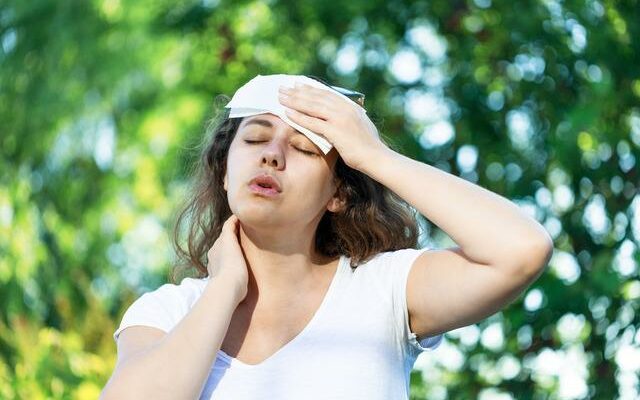Experts who explained the difference between humidity stroke and heat stroke said, “Humidity stroke occurs when the body’s sweating mechanism is affected in environments with high humidity, reducing its ability to cool. Excessive sweating, weakness, headache, dizziness, nausea and vomiting are the body’s first alarm against danger. The elderly, infants and chronic patients are the riskiest group. Heat stroke occurs when body temperature rises excessively and the sweating mechanism fails. It poses a high risk to life. The skin becomes red, dry and sweating stops; serious symptoms such as loss of consciousness and seizures are seen. There is a wide range of people in the risk group, from infants to the elderly.”
STEAM IN THE AIR REDUCES BLOOD Flow TO THE BRAIN
Prof. Dr. Vedat Göral from the Department of Gastroenterology drew attention to the negative effects of high humidity on electrolytes, which are vital in regulating blood vessels and muscles, the nervous system and blood pH. Göral said, “If you do not drink enough water, the vessels dilate and blood flow to the brain decreases, increasing the risk of fainting. If you stand up suddenly from standing or sitting, the risk of fainting is high. Muscle cramps or spasms are symptoms of electrolyte loss.”
“PERSONAL CLEANING AND FOOD HYGIENE SHOULD BE PAID ATTENTION”
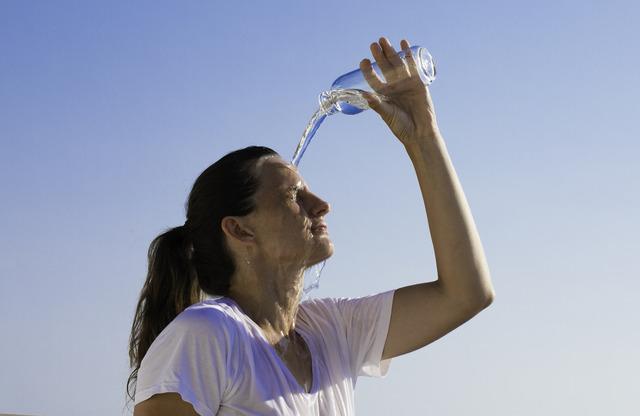
Göral, who also drew attention to the risk of fungal infection in humid environments, said, “Personal cleanliness and food hygiene should be taken seriously. In addition, the stomach can become more acidic when humidity and heat increase. It is important not to become dehydrated and to avoid large portions or fatty foods in hot weather.”
EXCESSIVE HEAT AND HUMIDITY CAUSE SLEEP DISORDER

Prof. Dr. Muhammed Emin Akkoyunlu from the Chest Diseases Department stated that the severe increase in humidity reduces the amount of oxygen in the air and impairs sleep quality, and added:
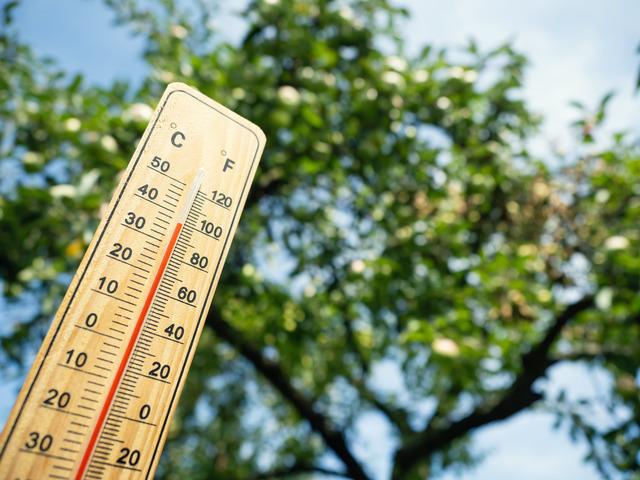
“When the air temperature increases, an environment that is uncomfortable in terms of sleep comfort is created. High temperatures prevent sleep from starting, continuing and deepening. A high increase in humidity reduces the amount of oxygen in the air. The higher the humidity, the lower the amount of oxygen. Considering that high temperatures and a very humid environment cannot provide enough oxygen and cause shortness of breath, this also causes a serious sleep disorder. Humidity increases headaches and irritability. This shows that the quality of sleep is higher in cool environments.”
BREATHING DIFFICULTIES MAY OCCUR SUDDENLY
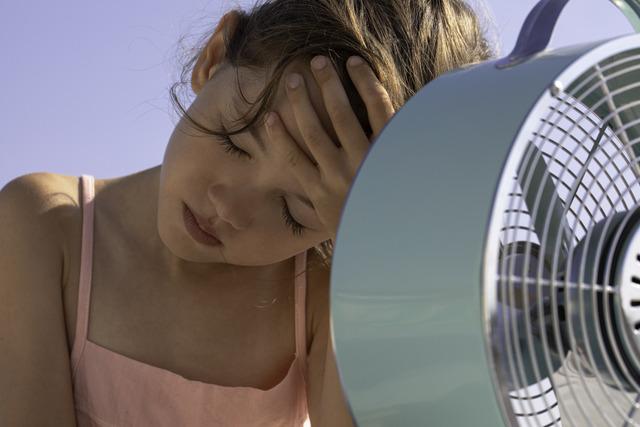
Specialist Dr. Betül Mercan Çiftçi from the Department of Internal Medicine warned about the potential risks of high humidity on health. Çiftçi said, “Since high humidity in the air weakens the body’s heat regulation mechanism, body temperature can suddenly rise to dangerous levels, and heat and heat stroke can occur. Dangerous conditions such as breathing difficulties can occur, especially in people with respiratory diseases such as asthma and bronchitis. It can cause fungal infections and irritations on the skin. Drink plenty of water, take frequent showers with warm water, and try to keep the body as cool as possible. Avoid exposure to heat on days and hours when humidity is high unless necessary.”
INVISIBLE RISKS IN MOISTURE PARTICLES
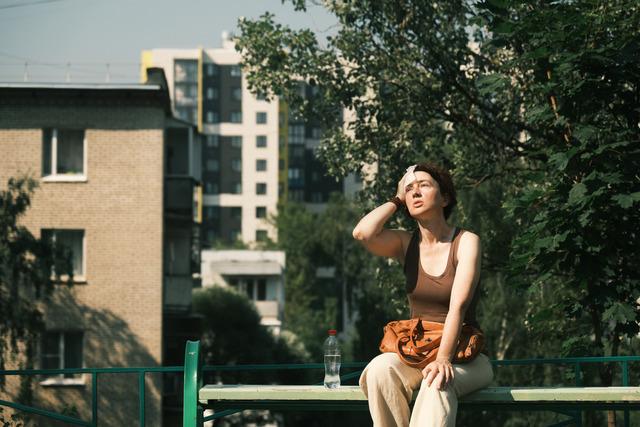
Specialist Dr. Ziya Burke from the Department of Ophthalmology said, “High humidity means that pollen and other allergens spread more quickly in the air. It means a suitable ground for the reproduction of microorganisms, and tear distribution disorders increase the speed. In short, high humidity means a risk to eye health. In addition to dry eyes, allergic reactions, infections and UV radiation-related eye disorders, we are going through the most dangerous days for Pinguecula and Pterygium diseases, which can cause the formation of yellow or white, elevated tissues in the eye. Especially those who are outside should not remove their UV-protective sunglasses from their eyes until the sun sets. The inside of the eye should be kept moist and the eyes should be kept clean against the risk of eye infections. If there is stinging, burning or redness in the eye, a doctor should be consulted without delay.” (DHA)
